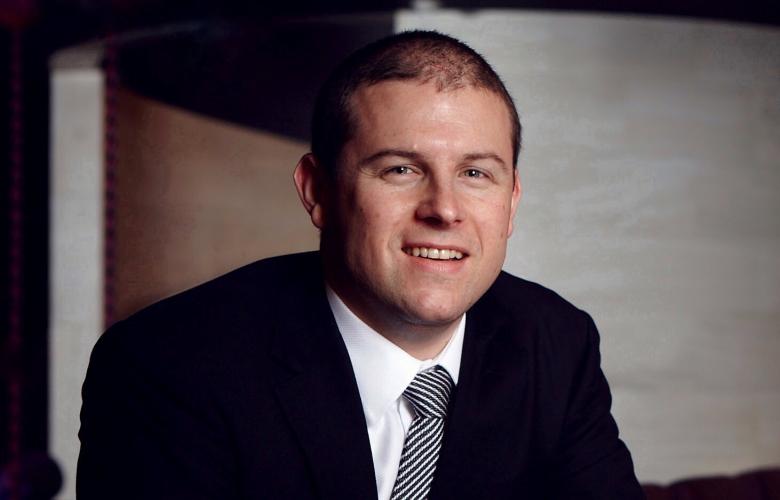As Managing Partner of HVS Asia Pacific, German-born Daniel Voellm is responsible for the operation of the Firm’s valuation, consulting and investment services for clients based throughout the region.
So Daniel, how did you get into the industry of hospitality advisory in Asia and Indonesia?
When touring Asia with my high school jazz big band we played a concert for the 30th birthday for the General Manager of the Chedi Hotel in Bandung. He was a graduate of Ecole hoteliere de Lausanne which put the school firm on my radar. During my studies there I developed a strong interest in consulting and after graduating I joined HVS in New York. After two years there I approached the founder Steven Rushmore and he suggested for me to open an office in my hometown in Germany. I suggested Hong Kong - I have now been based there for 10 years. Subsequently, I started new offices in Bangkok and Shenzhen and am also a partner in Beijing and Shanghai. My footprint is across all of Asia Pacific and I have worked on numerous projects in Indonesia.
What are some of your career highlights from your time in the industry?
In the early days, based in New York, it was contributing to the reopening of the Hyatt Regency New Orleans, a 1,193-room hotel that was badly affected by Hurricane Katrina. As a former resident of the city, this project was quite emotional. Work on luxury resorts in destinations such as French Polynesia, Seychelles and Maldives will always be memorable, similar to remote locations like the Marshall Islands. In Indonesia, a highlight was working on the W Bali - Seminyak.
What are the biggest issues facing the industry in general in your market at the moment, and specifically Indonesia?
As a whole, the tourism industry is blessed by robust growth globally, which is particularly strong in Asia. The sleeping giant here is sustainable development and preserving pristine environments while making them accessible for the (responsible) enjoyment of visitors. The availability of qualified team members and retaining them seems to have been with the industry from day one. In Indonesia, similar to other locations, we see a lot of potential as developers and investors become more sophisticated. The maturing of the real estate market can unlock significant economic benefits and enhance all stakeholders’ partaking.
What advice do you have for people who are just starting out and looking at investing into Indonesian tourism market and industry?
First-time investors should be sufficiently funded. Hotels can quickly absorb more funds that anticipated. At the same time, be prepared for a risky endeavour. Supply and demand cycles are often ignored. At the same time, get advice from people in the know and make the investment to retain them early in the process.
What do you believe is a unique factor and possible benefit of doing business in Indonesia?
Diversity. Indonesia has a lot to offer and most areas have yet to be put on the map for travellers. Though not unique to Indonesia, but with greater emphasis, is finding the right partners and building lasting relations.
What’s your outlook for Indonesia for the next year or so?
Steady. Some source markets are going through their own challenges. In the medium-term things are looking positive.
Where would your next investment in Indonesia be if you were to invest in real estate and tourism?
Much depends on the investment horizon. Certainly, there is great potential in the natural heritage, Taka Bonerate has a lot to offer. For real estate infrastructure is key and a good leading indicator.
Similar to this:
Get to know Julian Brownlie, pioneering investor in Indonesia
Meet John Flood from Archipelago International Hotels, Resorts & Residences
Meet Made Sulendra from Ade Bali Interior Design and Architecture in Bali





